Discover where your ancestors went to school
This article contains affiliate links. We may earn a small commission on items purchased through this article, but that does not affect our editorial judgement.
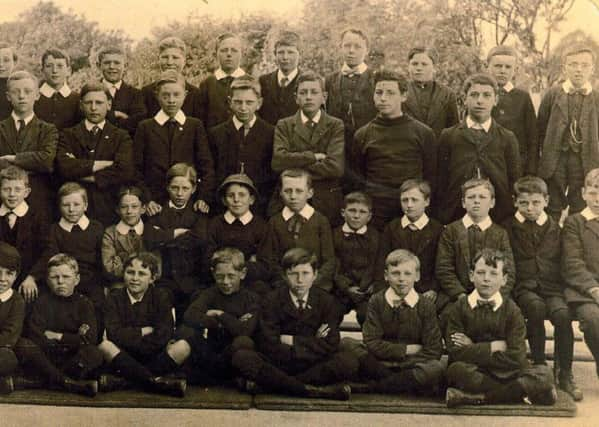

But once you’ve compiled a list of names and dates, and perhaps drawn up a family tree, you may want to find out where your ancestors lived, where they went to school and what they did for a living.
Where they survive, school records are one of the sources that can help to put some ‘flesh on the bones’ and tell you more about the day-to-day lives of your ancestors.
Advertisement
Hide AdAdvertisement
Hide AdThey survive particularly well for the Victorian and Edwardian era, thanks to the Education Act of 1870 which placed new demands on schools to record information.
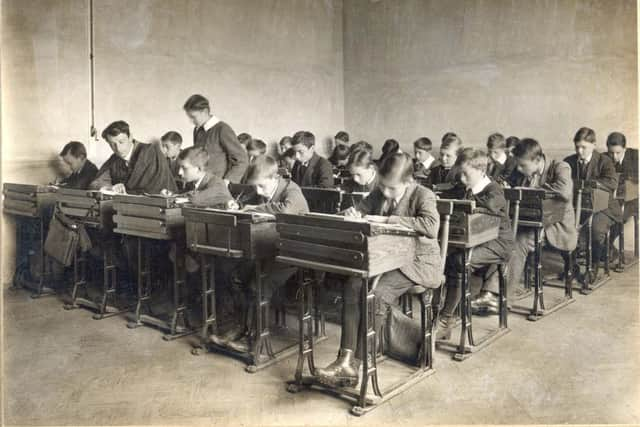

The admission registers are especially useful because they record every child enrolled at a school. They vary in the level of detail, but will usually record a child’s name and date of birth, date of admission, the father’s name and address, the name of any previous school, and the date of leaving.
They may also tell us why a child left the school and where they went. When a family moved away, the register may say that the child ‘left the parish’ or it may be more specific, saying ‘gone to Brighton’ for instance.
But a register may also record when a child started work, went into domestic service or, as was common in one register I looked at, ‘left to help mother’.
Advertisement
Hide AdAdvertisement
Hide AdOr it might simply say ‘age’, which indicates that the child had reached the school-leaving age.
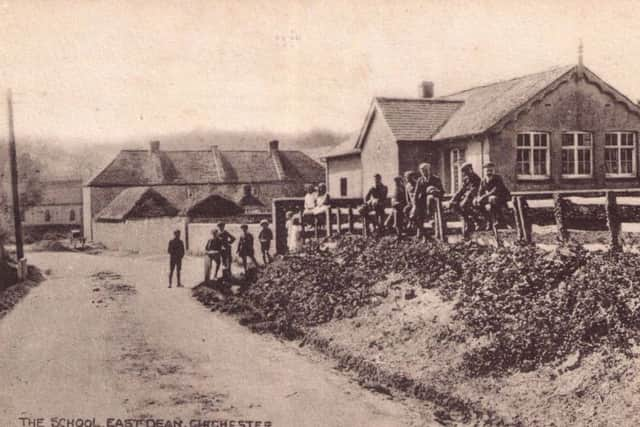

But it can be quite difficult to find out where an ancestor went to school, especially if you have no idea where the family was living. If it happened to be a large town, you would need to look up the names and addresses of all the schools in the area at the time, see whether any records survive, and then search each of them in turn for any evidence of your ancestor.
Thankfully, the task has just got a little easier. Over the past year, the Record Office has been involved in a national project to digitise and index the pre-1914 admission registers and provide access to them on the family history website Find My Past (www.findmypast.co.uk).
If you would like to use the website but don’t want to fork out on a subscription, you can take advantage of their two-week free trial or, better still, you could visit the Record Office where it’s available free of charge.
Advertisement
Hide AdAdvertisement
Hide AdAnd for those who are able to visit the Record Office, there may be other school records, such as photographs, magazines and reports.
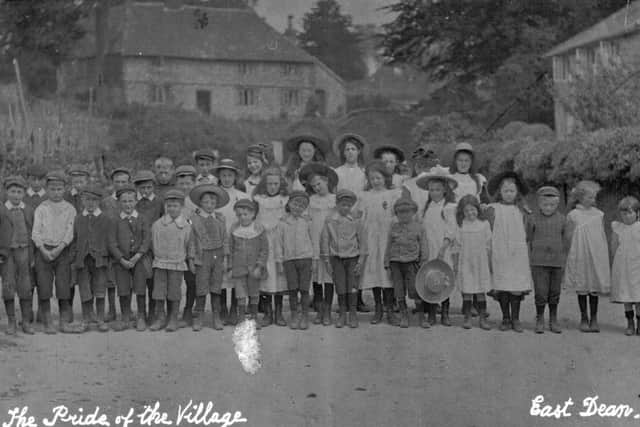

The most popular records, aside from the admission registers, are the logbooks compiled by the headteacher.
These are freely available once they are over 100 years old and provide a day-to-day account of what was going on in the school: anything from the effects of bad weather or sickness on attendances to the school’s performance in teaching pupils how to read, write and add up.
The log book of Cocking National School, for instance, makes for fascinating reading.
Advertisement
Hide AdAdvertisement
Hide AdAverage attendance in early February 1881 was 88 children, but things were very different just a few weeks earlier. On 21 January, it records: ‘There has been but one day’s school this week owing to the severe snowstorm which commenced last Tuesday morning. On that morning only ten children presented themselves; the next day four; the next two; and the next none at all.’
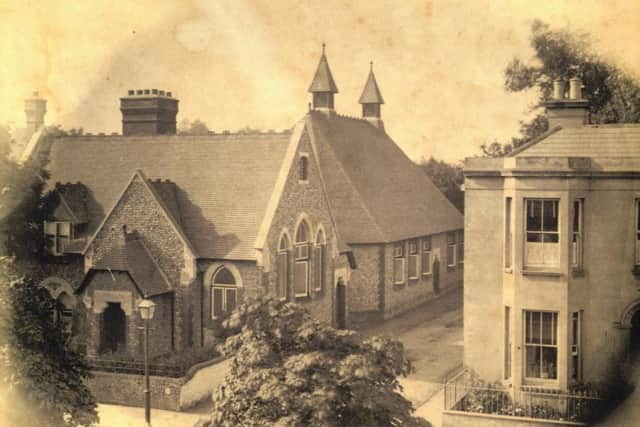

On 13 June 1881, it reads: ‘The Rev R Drummond Ash visited the school this afternoon and distributed rewards to those children who passed successfully in the Three R’s at the late examination. In the future, rewards will be given only to those children who, in addition to passing the three subjects successfully, have attended school at least 350 times during the past school year.’
Occasionally, the log books mention pupils, as in the case of George Woodford who attended Cocking National School in 1880. On October 8, he was ‘punished for committing a dirty trick on another boy’s head…the same boy punished this afternoon for writing indecent words on his slate.’
On August 2, 1881, Flora Burroughs ‘was dismissed from the monitorship of the 3rd Standard as she was eating apples whilst in charge of the class.’
Advertisement
Hide AdAdvertisement
Hide AdAll in all, old school records are a wonderful resource and if you would like to know what documents survive for your area, try the Record Office’s online catalogue.
You can find it using the link on our website (www.westsussex.gov.uk/ro), where you will also find our contact details should you wish to get in touch.
l West Sussex Record Office has a number of illustrated talks coming up.
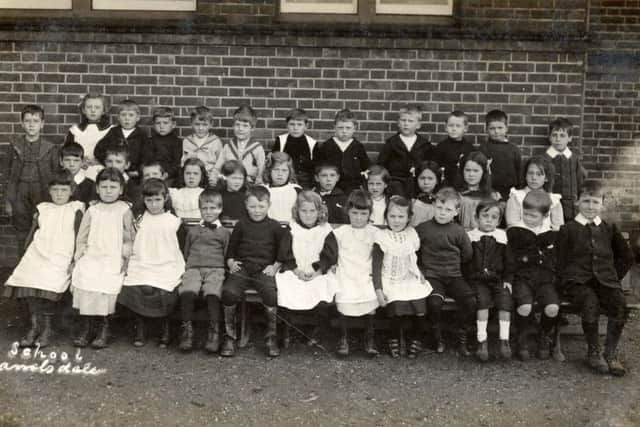

The Royal Sussex Regiment at Loos and Gallipoli 1915 on September 29.
Advertisement
Hide AdAdvertisement
Hide AdTales from the Rails – stories from the days of steam on October 27.
A Peep at the Pixies – exploring the life and literary archive of Anna Eliza Bray (1790-1883) on November 24.
Screen Archive South East – Developing and Preserving the Screen Heritage of Sussex on January 26 2016.
Tickets cost £7.50 (advance booking essential). Call 01243 753602 to book and pay, or visit www.westsussex.gov.uk/ro for more details.
Advertisement
Hide AdAdvertisement
Hide AdDon’t miss out on all the latest breaking news where you live.
Here are four ways you can be sure you’ll be amongst the first to know what’s going on.
1) Make our website your homepage at www.chichester.co.uk/
2) Like our Facebook page at www.facebook.com/ChichesterObserver
3) Follow us on Twitter @Chiobserver
4) Register with us by clicking on ‘sign in’ (top right corner). You can then receive our daily newsletter AND add your point of view to stories that you read here.
And do share with your family and friends - so they don’t miss out!
The Chichester Observer - always the first with your local news.
Be part of it.